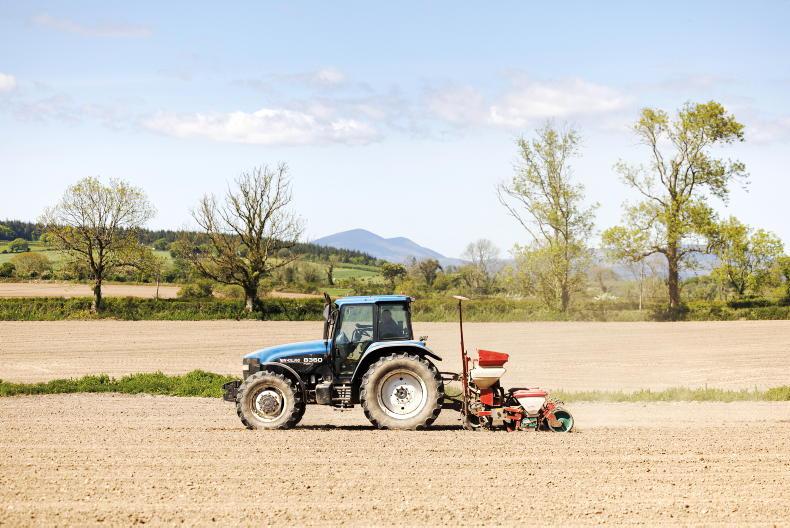Macra na Feirme has called for the tax relief on the leasing of farmland to be extended to include agreements between family members.
This is one of a number of measures that Macra has called for in its pre-budget submission which was published this week.
“Such relief should be available on a one-term lease, no longer than seven years, €9,000 per annum relief and available to those up to the age of 35,” the document reads.
Macra is also seeking a revision of the age limits for stamp duty relief, an increase in capital acquisitions tax thresholds to €350,000 and for farmhouses to qualify for agricultural relief even when transferred separately to other agricultural assets.
The pre-budget submission proposes VAT exemptions on a number of items including safety equipment, sexed semen, forage tests and non-oral livestock medicines, farm disinfectants and hygiene products.
By removing VAT, Macra argues that it would encourage farmers to adopt better farming practices.
Macra is calling for a targeted annual investment allowance of up to €30,000, focusing on smart agriculture, renewable energy equipment and climate change mitigation infrastructure. Alongside this, Macra reiterated its call for young farmer stock relief which expires at the end of the current budget and echoed the ICOS proposal for an income stabilisation measure.
The organisation says this would allow farmers to deposit a defined percentage of profits to a fund in a good year and withdraw these during poor years, with drawings subject to income tax.
Protection
“2017 and 2018 will create a prime example of the circumstances where a scheme like this would offer some protection to family farms from the financial pressures being experienced by Irish farmers,” the pre-budget submission reads.
In light of the pressures on farms, Macra has called for a Farmer Assistance Programme to provide farmers with a health and wellbeing service, covering things such as stress management, financial planning and a work-life balance.
Read more
Listen: 'Farmers can’t end up carrying too much stock for tax reasons'
Macra na Feirme has called for the tax relief on the leasing of farmland to be extended to include agreements between family members.
This is one of a number of measures that Macra has called for in its pre-budget submission which was published this week.
“Such relief should be available on a one-term lease, no longer than seven years, €9,000 per annum relief and available to those up to the age of 35,” the document reads.
Macra is also seeking a revision of the age limits for stamp duty relief, an increase in capital acquisitions tax thresholds to €350,000 and for farmhouses to qualify for agricultural relief even when transferred separately to other agricultural assets.
The pre-budget submission proposes VAT exemptions on a number of items including safety equipment, sexed semen, forage tests and non-oral livestock medicines, farm disinfectants and hygiene products.
By removing VAT, Macra argues that it would encourage farmers to adopt better farming practices.
Macra is calling for a targeted annual investment allowance of up to €30,000, focusing on smart agriculture, renewable energy equipment and climate change mitigation infrastructure. Alongside this, Macra reiterated its call for young farmer stock relief which expires at the end of the current budget and echoed the ICOS proposal for an income stabilisation measure.
The organisation says this would allow farmers to deposit a defined percentage of profits to a fund in a good year and withdraw these during poor years, with drawings subject to income tax.
Protection
“2017 and 2018 will create a prime example of the circumstances where a scheme like this would offer some protection to family farms from the financial pressures being experienced by Irish farmers,” the pre-budget submission reads.
In light of the pressures on farms, Macra has called for a Farmer Assistance Programme to provide farmers with a health and wellbeing service, covering things such as stress management, financial planning and a work-life balance.
Read more
Listen: 'Farmers can’t end up carrying too much stock for tax reasons'










SHARING OPTIONS